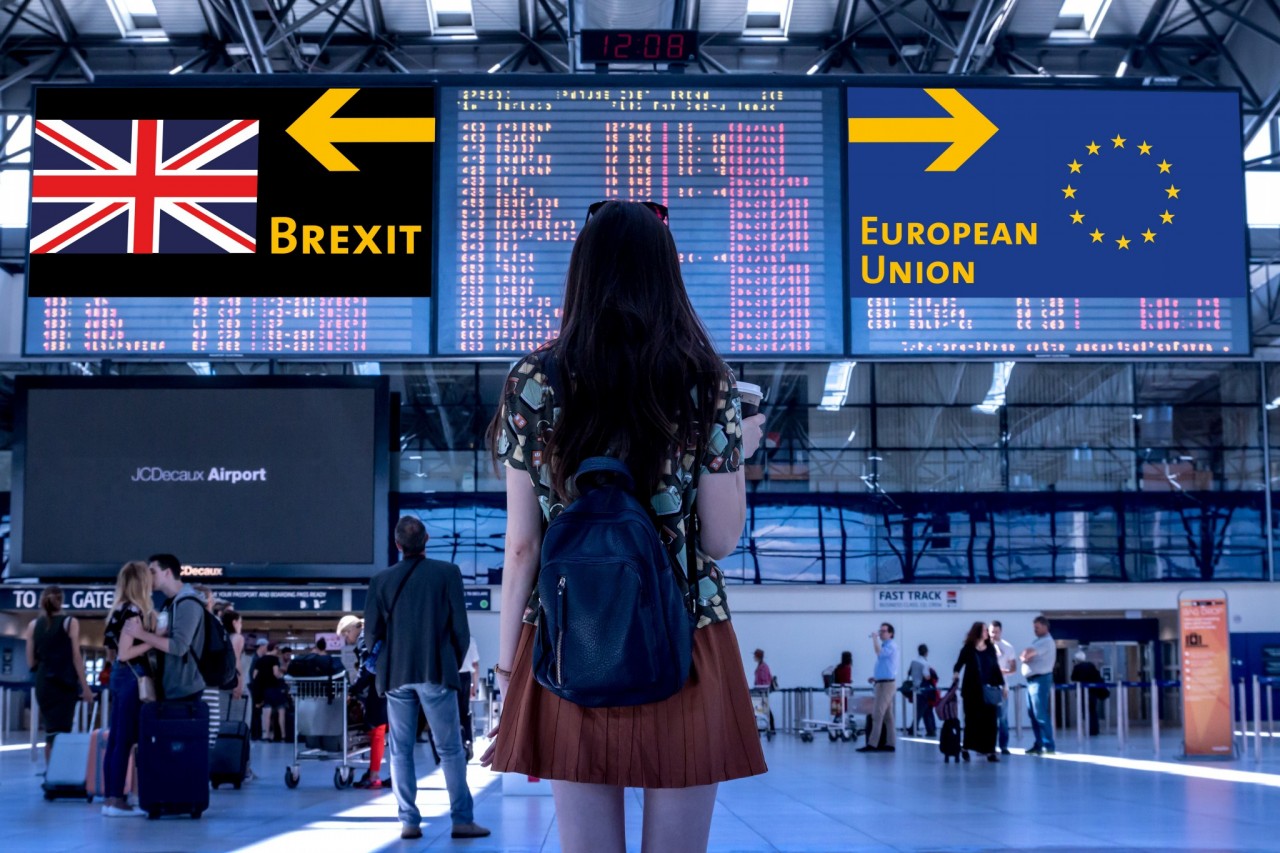It’s been a month since ‘B-Day’ (the day when Britain left the European Union without a deal). We’re now in May (maybe June… Or is it July? Everyone’s disorientated and nobody seems to know what month it is anymore). Boris Johnson is our Prime Minister after Theresa May resigned. Nigel Farage quipped that this would be our generation’s D-Day, but echoes of the Normandy landings in 1944 have never sounded so hollow.
When the country woke up on B-Day, everything seemed as it did before. The Tube was still running and buses could still be seen going past our windows. That was before the effects of what we had done started to kick in.
One of the biggest stories of that first day was that thousands of Brits departed the UK as European citizens, but landed in European countries as “third-country nationals”. It was chaotic. Large queues built up at airports across the EU as disgruntled British travelers were funneled into different queues, many being denied entry due to their passports not having at least six months validity.
It wasn’t hugely noticeable at first, but it didn’t take long for food prices to go up in our supermarkets. New tariffs imposed on our food trade with the EU, as well as additional checks at Folkestone and Dover, led to increased costs which were all passed onto the consumer. People managed for a while and the spirit of “it’ll be okay in the end” lived on. This was until the riots started…
Mass rioting and looting swept across the UK as food supplies started to dwindle. Over half of our food comes through Dover and Folkestone and the delays meant that fresh produce started to rot before reaching its destination. We’re only 60% self-sufficient as a country, and 70% of our food came from the EU. The Government had reassured us everything would be okay and they were making preparations for leaving without a deal… But in reality, the country and our businesses weren’t prepared for what was to happen.
We had little choice but to sign up to a free-trade deal with the United States, and Donald Trump made us accept the US standards for food and agriculture. We had campaigned hard against this prior to Brexit. US standards for food production were unpalatable to British consumers – but it didn’t make a difference. Needs must.
Northern Ireland saw the worst of it. Mass unemployment ensued after businesses flocked to the Republic, and those that stayed put, struggled to perform as well as they had before Brexit. We’ve seen violence return to Northern Ireland. The border runs largely through areas where Catholic republicans greatly outnumber Protestants – and when the EU and Britain tried introducing physical checks at the border, the Catholics did everything possible to prevent it. The only way of securing the border was to draft in the British Army on our side and the Irish equivalent on the EU/Republic side. Several thousand troops are permanently stationed there to protect the hard border.
Naturally, inflation increased substantially following our departure from the EU without a deal. The Government only increased benefits marginally, however. Nowhere near enough to offset the decrease in real wages, so that 200,000 people who were already struggling and on benefits were forced into poverty. This wouldn’t have been prevented entirely had we remained in the EU. But without the inflationary shock of a hard Brexit, the descent into poverty would not have been so drastic.
On the whole, life after B-day is fundamentally different to when we were in the European Union. We have many issues facing us as a society, and many have fled abroad to escape them. It may take 50 years, but we’re being promised that we will eventually see the benefits of leaving without a deal.




